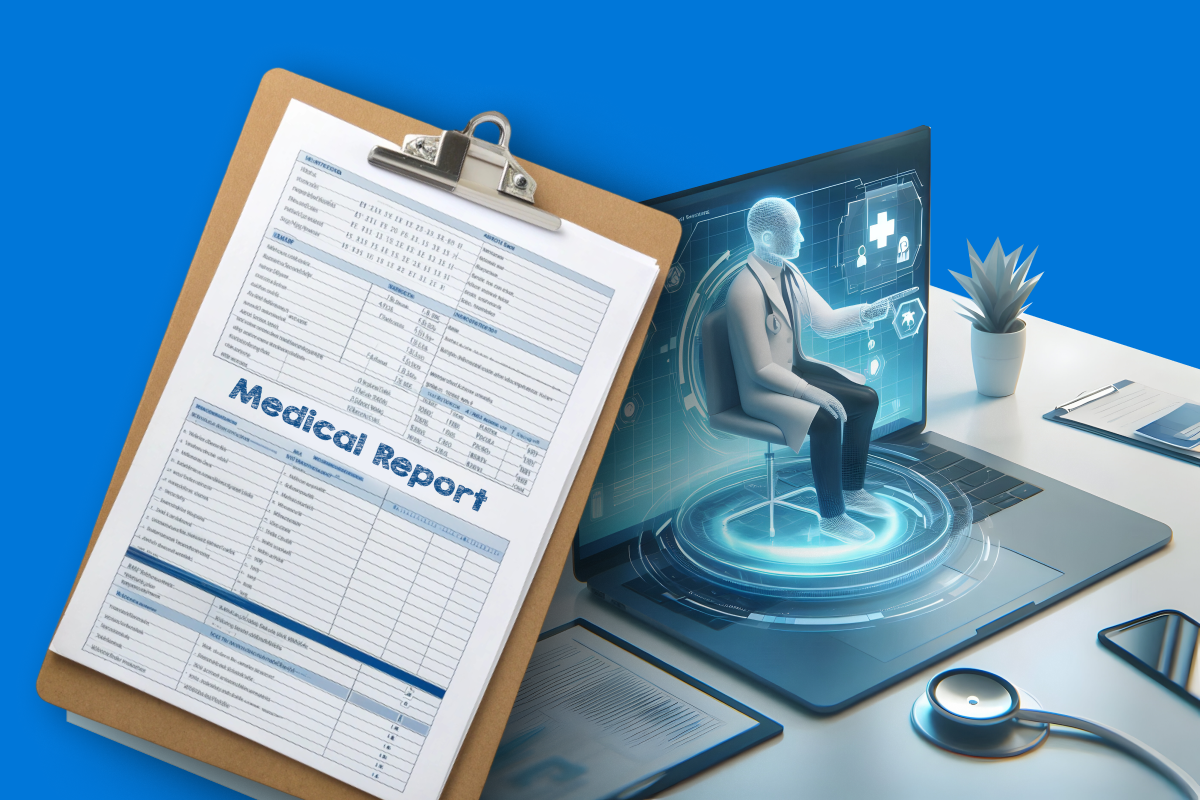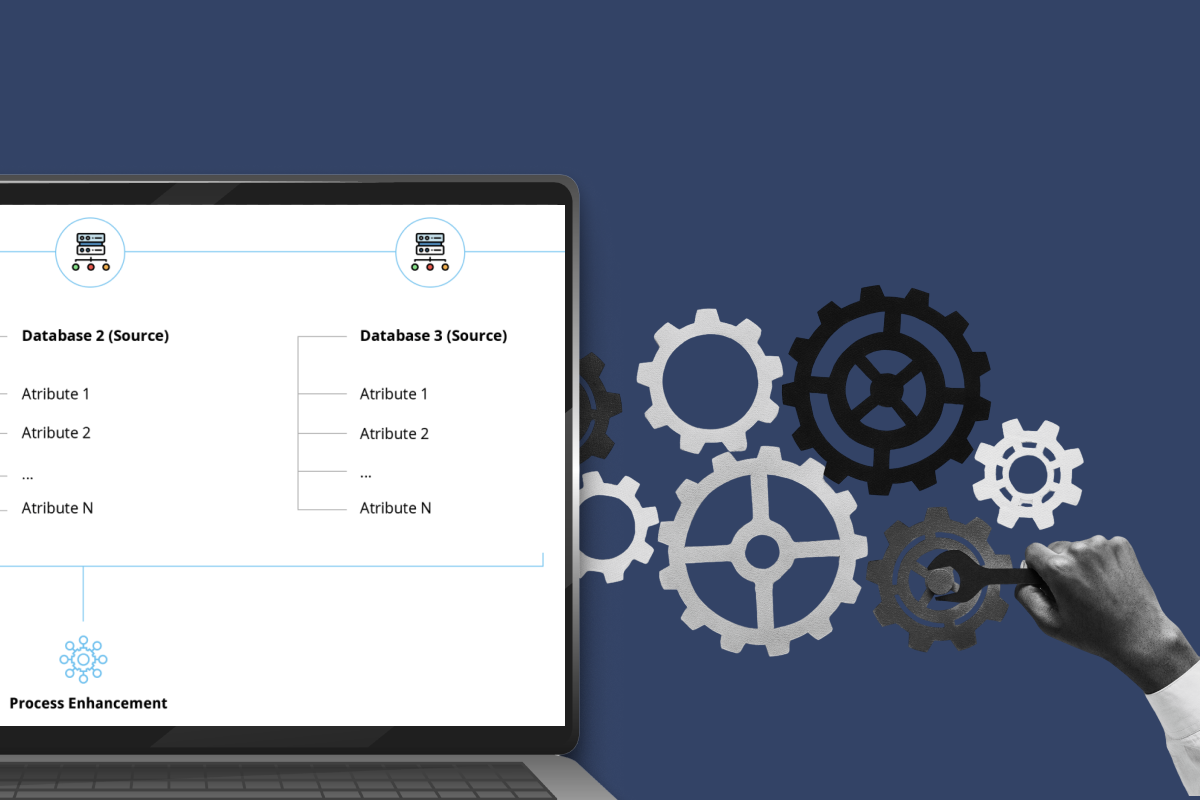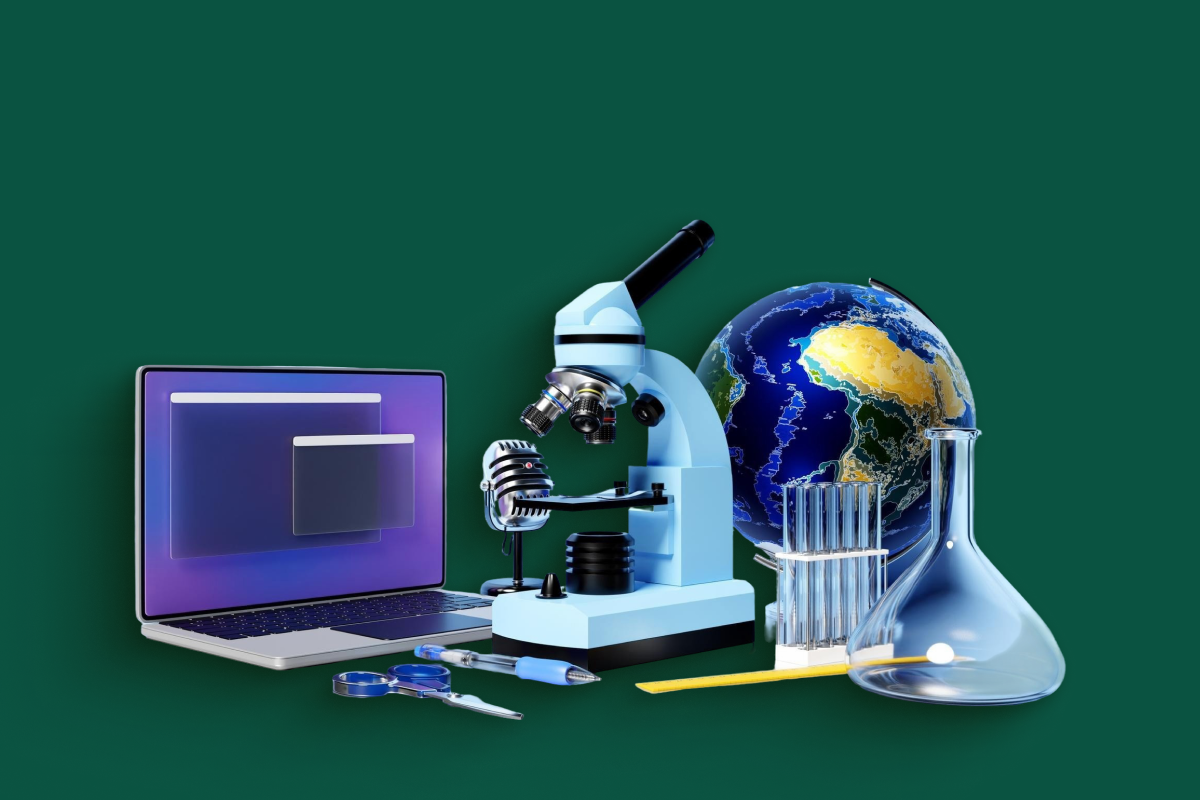All Technologies Used
Motivation
The goal of the project was to create an MVP that uses AI and Machine Learning technologies to build assessment reports for pharmaceutical companies. The reports would be based on questionnaires and insights from doctors, helping the companies enhance trust in their products and improve marketing strategies. The challenge was to make the process of comparing pharmaceutical products easier and more informative for both professionals and consumers.
Main Challenges
The client lacked a solution capable of handling complex medical questionnaires efficiently. Existing tools were insufficient, causing delays and inaccuracies. Azati proposed using AI and NLP techniques combined with speech-to-text preprocessing to standardize and analyze the input data, overcoming tool inefficiencies and accelerating processing.
Reports had to be clear and digestible for users regardless of technical expertise. The client faced difficulties with unstructured outputs. Azati developed a custom system to classify, sort, and calculate ratings for responses, ensuring that the final reports were easy to read and actionable.
Medical terminology and domain-specific phrases posed challenges for NLP processing. Azati integrated Google ASR and custom preprocessing methods to recognize domain-specific terms, normalize punctuation and capitalization, and prepare the data for accurate sentiment and thematic analysis.
Our Approach
Want a similar solution?
Just tell us about your project and we'll get back to you with a free consultation.
Schedule a callSolution
AI-Driven Data Analysis
- Automatically extract key phrases and insights from doctor responses
- Detect patterns and trends in large datasets
- Assign relevance scores to insights for prioritization
- Support multiple languages and medical terminology
Speech-to-Text Integration
- Accurately transcribe spoken responses
- Boost recognition for pharmaceutical terms
- Normalize punctuation, capitalization, and sentence structure
- Seamlessly integrate transcribed data into NLP pipelines
Sentiment and Thematic Analysis
- Perform sentiment scoring on each response
- Group insights by product attributes, safety, and usage
- Highlight trends and anomalies in feedback
- Support marketing decisions with thematic analysis
Custom Report Generation
- Automatically generate thematic, easy-to-read reports
- Rank insights by relevance and sentiment
- Provide visual summaries and textual explanations
- Compare multiple products or marketing strategies
Data Visualization and Sharing
- Visualize key insights in interactive dashboards
- Share reports with stakeholders in a secure way
- Highlight trends and key feedback points
- Support strategic planning and marketing optimization
Business Value
Automated Insight Generation: Reduced manual effort in analyzing medical questionnaires and automatically extracted actionable insights.
Enhanced Marketing Strategies: Insights from doctors allowed pharmaceutical companies to adjust campaigns and improve product positioning.
Improved Trust: Structured reports increased consumer confidence by showing alignment between medical recommendations and marketing claims.
Faster Decision-Making: Automated processing and visualization accelerated strategic decision-making for marketing teams.
Domain-Specific Accuracy: Integration of domain-specific NLP and speech-to-text ensured precise interpretation of medical feedback.









